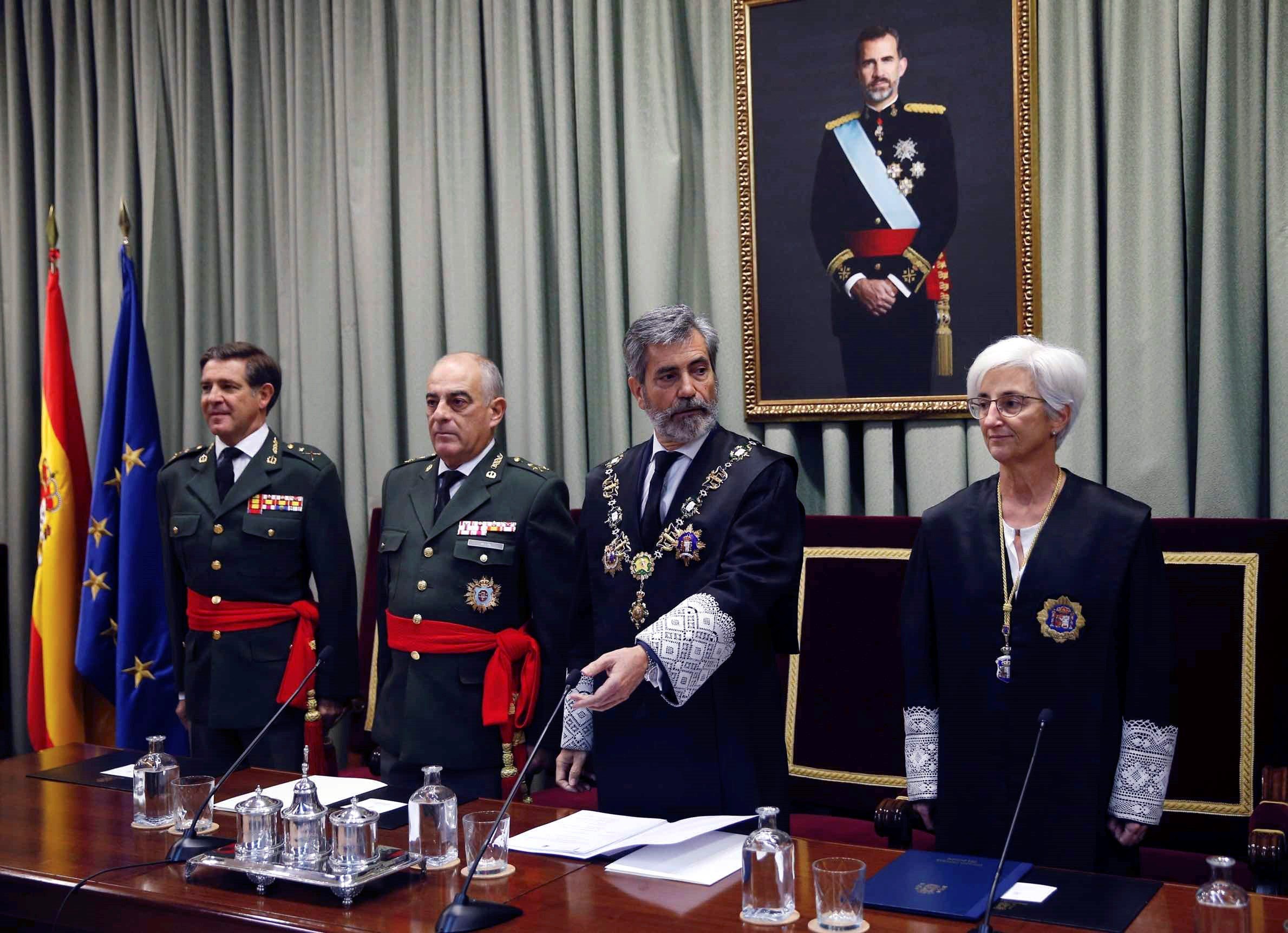GRECO, the Group of States Against Corruption, remains critical of how Spain selects the members of its judiciary. That's one of the conclusions from fifth evaluation round and compliance report on the fourth evaluation round, published today by the Council of Europe body.
For the first time since 2013, GRECO does not believe Spain's implementation of its recommendations on corruption is "globally unsatisfactory". However, only two of its 11 recommendations have been fully implemented, with a further eight "partly implemented". They include 19 recommendations in their new report, compliance with which will first be evaluated in 2021.
"Six years later", the one recommendation "not implemented" deals with the election of the General Council of the Judiciary and senior members of the Spanish judiciary. In today's report, the group "reiterates its view that political authorities shall not be involved, at any stage, in the selection process of the [judiciary]."
Public prosecution service
Whilst celebrating advances in the autonomy of Spain's public prosecution service, they note there remain "outstanding recommendations, which call for targeted improvements on the autonomy, integrity and accountability fronts." On the positive side, advances have been made in putting instructions to prosecutors in writing and making those from the government available online. However, they believe this needs to be "further formalised", and the service needs greater autonomy in staff allocation.
Police and civil guard
Among their recommendations for Spain's police forces is that the Civil Guard adopt a code of conduct and "make it publicly available". Alongside that, both they and the National Police Corps should "complement their respective Codes by guidelines and practical measures for their implementation". They are also recommended to "strengthen" their vetting procedures, and introduce "vetting at regular intervals" for staff.
The body also suggests a "full review" of whistleblower procedures is carried out, with the "primary aim of strengthening the protection of the true identity of whistleblowers and focusing more on the substance of the information provided."
Government officials
GRECO recommends the drafting of rules on how "persons entrusted with top executive functions engage in contacts with lobbyists". Similarly, they say there should be stronger controls over the roles in the private sector politicians can move into on leaving public life, and that their special aforamiento legal status should be "amended". Advisors, meanwhile, should be "subject[ed] to equivalent transparency and integrity requirements as those applied to persons with top executive functions."

